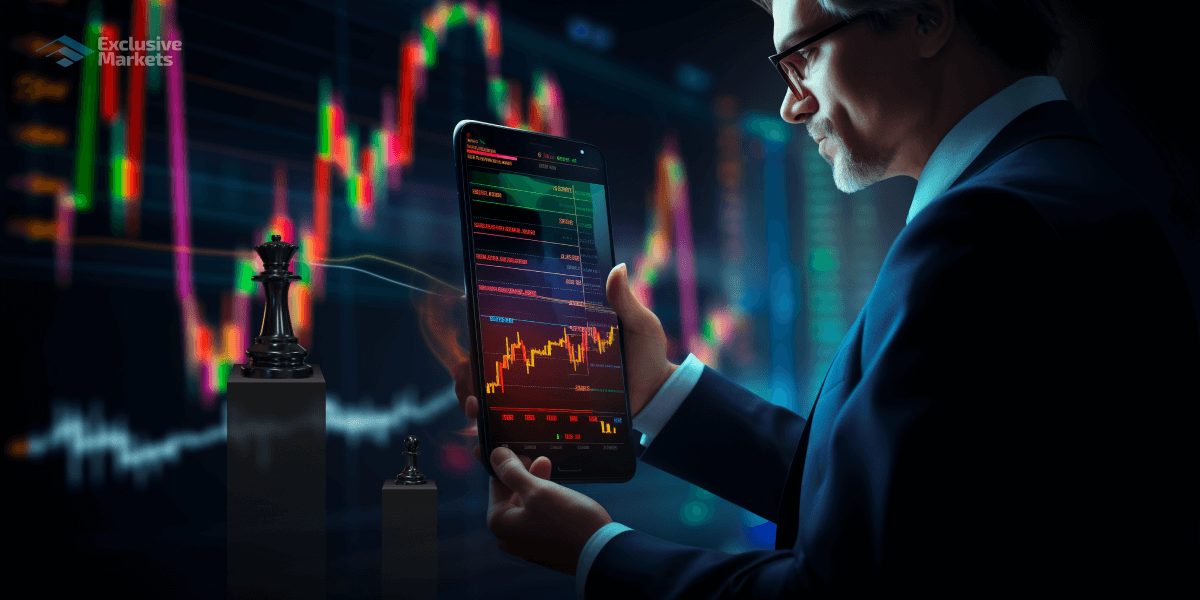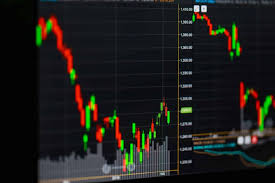How to Spot Forex Trading Scams Protecting Your Investments

How to Spot Forex Trading Scams: Protecting Your Investments
The world of forex trading has gained immense popularity over the years, attracting seasoned investors and novices alike. However, with this growth, a darker side has surfaced—forex trading scams. To ensure the safety of your investments, it’s crucial to recognize potential scams. In this article, we’ll discuss common types of forex scams, red flags to be aware of, and how to protect yourself. For those interested in exploring legitimate trading options, consider researching forex trading scams Turkish Trading Platforms that offer regulated services.
Understanding Forex Trading Scams
Forex trading scams come in various forms, often employing persuasive tactics to lure in unsuspecting traders. These scams can promise unrealistic returns, employ high-pressure sales tactics, or present themselves as unregulated trading platforms. Understanding the common types of scams can help you identify and avoid them.
Types of Forex Trading Scams
Pump and Dump Schemes
A pump and dump scheme involves artificially inflating the price of a currency pair through misleading or false information, only to sell it off at a high price. This type of scam leaves investors with worthless assets once the scammers exit.
Signal Seller Scams
Some scammers present themselves as signal providers, offering trading signals for a fee. While there are legitimate signal providers, many scams exist that promise guaranteed returns but fail to deliver. Always research and verify the credibility of any service before investing.
Managed Account Scams
Managed account scams involve a third party promising to trade on your behalf for a fee. While legitimate managed accounts do exist, scammers often take your funds and disappear, leaving you with nothing. Always ensure that any managed account service is regulated.
Unregulated Brokers
Dealing with unregulated brokers can expose you to significant risks. These brokers may manipulate prices, provide false information, or even refuse to let you withdraw your funds. Always verify that the broker is regulated by a recognized authority.
Red Flags to Watch For

Being aware of certain red flags can help you identify potential forex trading scams. Consider the following warning signs:
- Unrealistic Promises: If a broker or service guarantees high returns with little risk, it’s likely a scam.
- High-Pressure Sales Tactics: Scammers often use high-pressure tactics to push you into making quick decisions.
- Lack of Transparency: If a service doesn’t provide clear information about fees, risks, or trading strategies, be cautious.
- No Regulation: Always check if the broker is regulated by a reputable financial authority.
Protecting Yourself from Forex Scams
To protect your investments from forex trading scams, consider these strategies:
Conduct Thorough Research
Always research any broker, service, or investment opportunity before committing your money. Look for reviews, testimonials, and verify their regulatory status.
Use a Demo Account
Many brokers offer demo accounts, allowing you to test their platform and services without financial risk. Take advantage of these options to familiarize yourself with their offerings.
Trust Your Instincts
If something feels off about a broker or investment opportunity, trust your instincts and walk away. Scammers often prey on individuals who are eager to make quick profits.
Seek Professional Advice
If you’re uncertain about a trading opportunity, consider seeking advice from a financial advisor. They can provide guidance on safe investing practices and help you navigate potential scams.
Conclusion
Forex trading can be a lucrative venture, but it also presents risks, particularly from scams. By understanding the common types of forex trading scams, recognizing red flags, and implementing protective measures, you’ll be in a much better position to safeguard your investments. Always stay informed and cautious, and enjoy the trading experience responsibly. Remember, in the world of finance, knowledge is your most powerful tool.
